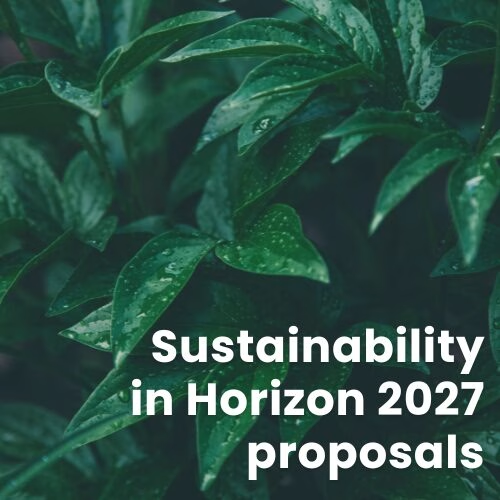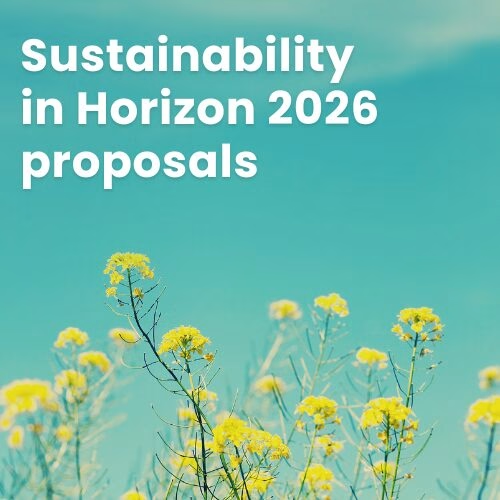This article was written in 2020. Since publication updates have been made to the SBTi guidance for a number of sectors. To read the latest on setting science-based targets for the chemical sector, read our 2025 news article or visit our knowledge page.
What are the Science-based targets?
Science-based targets (SBT) have been around for approximately five years already as a way to accelerate the decarbonization of sectors and be able to reach zero emissions by 2050. The Science-Based Targets Initiative (SBTi) supports companies in making actionable carbon reduction targets that are in line with limiting global warming below 2C above pre-industrial levels (as agreed in the Paris Agreement of 2015) and based in the latest IPCC report (2018) to even try to limit the global warming below 1.5 C. Thus, they are based on what the latest climate science indicates.
The SBTi established 3 main approaches for setting targets: sector-based approach, absolute based approach, and the economic-based approach. The main difference between approaches lies in how the carbon budget is divided per sector and/or company. The SBTi has been developing special guidelines to set SBT tailored for different sectors such as the apparel, power, oil and gas, and the chemicals and petrochemicals sector among others. Currently, the target-setting guideline is only available publicly for the apparel sector. The development of sector guidance aims at reducing barriers to the adoption of targets, engaging, and scaling up to take-off of the targets and make a call to action in the different sectors.
SBT and the chemical sector
Currently, around 20 chemical companies as big as DSM and AkzoNobel have already committed to and have publicly set SBT. However, there is no sector guideline from the SBTi. As a result, in February of this year, the SBTi launched the chemical sector scoping project to develop a sector guideline that could facilitate and accelerate the setting of SBT in the chemical sector.
The petrochemical and chemical sector is of particular relevance since they are one of the sectors with the largest energy demand as it uses oil or gas as a basic feedstock for the production of materials such as methanol and plastics. Even though alternatives like the use of biomass and secondary materials as feedstock or the development of new cleaner technologies will occur in the future, the overall demand in energy for petrochemicals is likely to continue growing by 2030. Therefore, the importance of developing sector guidance.
Barriers and relevant considerations for the Chemical Sector
There are several challenges in establishing carbon reduction targets for companies in the chemical sectors and in developing sector guidance. For starters, when thinking about Scope 1,2, and Scope 3 emissions, these latter ones often have a large share of the emissions for chemical companies. This adds an extra layer of complexity for the target setting since these emissions fall out of the control of the Chemical company and require supplier engagement which is not always an easy task. This may require some time before a solid and achievable target can be established and requires constant target revision. Moreover, some refining and direction will also be needed to indicate whether the targets should be relative or absolute, especially when considering the different Scopes.
Additionally, the chemical sector is very diverse. Therefore, different processes and technologies and thus value chains may vary a lot from chemical companies. As such it may be quite complex to develop a sector guideline that encompasses such diversity. It is also relevant to acknowledge that the alternatives for decarbonization of the chemical sector are as diverse as the sector itself. Solutions may include technologies such as carbon capture storage, the use of biomass as feedstock to produce certain chemicals, and chemical recycling among others. Hence, depending on their targets chemical companies may have different roadmaps.
An important consideration for accelerating the chemical sector into the uptake of SBT and in general into its decarbonization is the role of policy. Policymakers and governments can support by developing policies and legislation that will increase carbon reduction measures in the chemical sector. Examples of this exist already within policy, as shown by the Renewable energy directive (RED), which indicates that “member States must require fuel suppliers to supply a minimum of 14% of the energy consumed in road and rail transport by 2030 as renewable energy” which includes biofuels.
What lies in the future…
The SBT guidance project for Chemical companies began at the start of the year and includes scoping, interviews, and workshops with stakeholders within the chemical sector until the summer of 2020. In addition, a summary report of the project is expected to be available at the end of the year. We are excited to see that SBTi is working on developing guidance for the chemical sector and are very curious and looking forward to the outcomes. We will definitely keep an eye open to see how the project develops.














